Last week our bloggy book study started for The Literacy Teacher’s Playbook (for K-2). If you missed that post, you can find it {here}. This book, by Jennifer Serravallo, tackles the topic of how to make literacy data work for you in the classroom. Her refrain is this: be empowered by data, not bogged down in it! As a reading specialist and literacy nerd, this topic is super interesting to me.
In Chapter 1, we read about gathering data (assessment). Chapter 2 addresses how to analyze the data and decide upon next steps. Serravallo gives us important things to look for as we analyze engagement, comprehension, decoding, fluency, etc. She also provides sample student work and explains her analysis of the data.
One thing that stood out to me was how the sample child (Marelle) responded when she was asked how she felt about reading. She said that it was fun, but then went on to talk about how reading was a way for her to learn new, hard words. She focused on the level of the books she was reading and trying to read harder books. Serravallo’s analysis, which I completely agree with, was that although Marelle showed positive attitudes toward reading, her concept of reading centered on decoding and reading levels, rather than on comprehension. Marelle’s experiences have probably taught her that reading is mostly about getting the words right and moving up levels, rather than understanding and enjoying a story.
About a year ago, I was reading through some Lucy Calkins materials, or maybe it was a book by some other teachers/staff developers from the Teachers College Reading and Writing Project – I can’t recall. Maybe it was even in a staff development. Anyway, what I was hearing was that it’s important to have conversations with students about their book levels and what they can do to move up levels. I wish I could recall more details about what I read / what was said, but whatever it was didn’t sit well with me. I do agree that kids need to know how to choose books that are just right for them – maybe they should know their guided reading level in order to do that. But I don’t think that we should talk to kids about improving their reading in terms of moving up levels, nor do I think kids should spend time worrying about what reading level they are in comparison to their peers. If we focus on reading levels, then kids like Marelle DO start thinking that reading is about the levels. I had a few kids in my class last year bragging about their levels (the person who assessed them using the F&P BAS told them their levels). I think that we need to talk to kids about improving their reading by using language like, “Here’s a strategy you can use to read harder words…” Talking about reading levels seems unnecessary and potentially harmful, rather than helpful. We want kids like Marelle to understand that reading is about comprehension and enjoyment – not just about reading harder words and moving up levels. That’s my opinion, anyway!
One great idea I got from this chapter is something called a “Stop and Jot.” In this activity, the teacher reads aloud a story and pauses at certain pre-planned intervals. She asks a question and asks the kids to respond in writing, on a sticky note. She then collects their responses and analyzes them in comparison to each other, and in comparison to unit goals / grade level standards. I think this is a fabulous way to take away the decoding piece and just focus on comprehension! In the school where I previously taught, we had to give comprehension tests in which the kids read grade-level text independently. If a child couldn’t read the grade-level text, then she was sort of out of luck in terms of answering the questions – and I was out of luck in that I couldn’t really assess her comprehension! Using a “Stop and Jot” seems like a great way to assess kids’ comprehension without assessing their decoding skills. Of course, if a child has extreme difficulty writing or a problem producing language, then I suppose it wouldn’t be the best assessment. Maybe if you had just 1 student with that problem you could have him orally respond while the kids were writing, and then you would jot for him. Anyway, it seems like a very doable and valuable assessment.
That’s all for today! Check back next Wednesday to hear about the rest of Chapter 2!

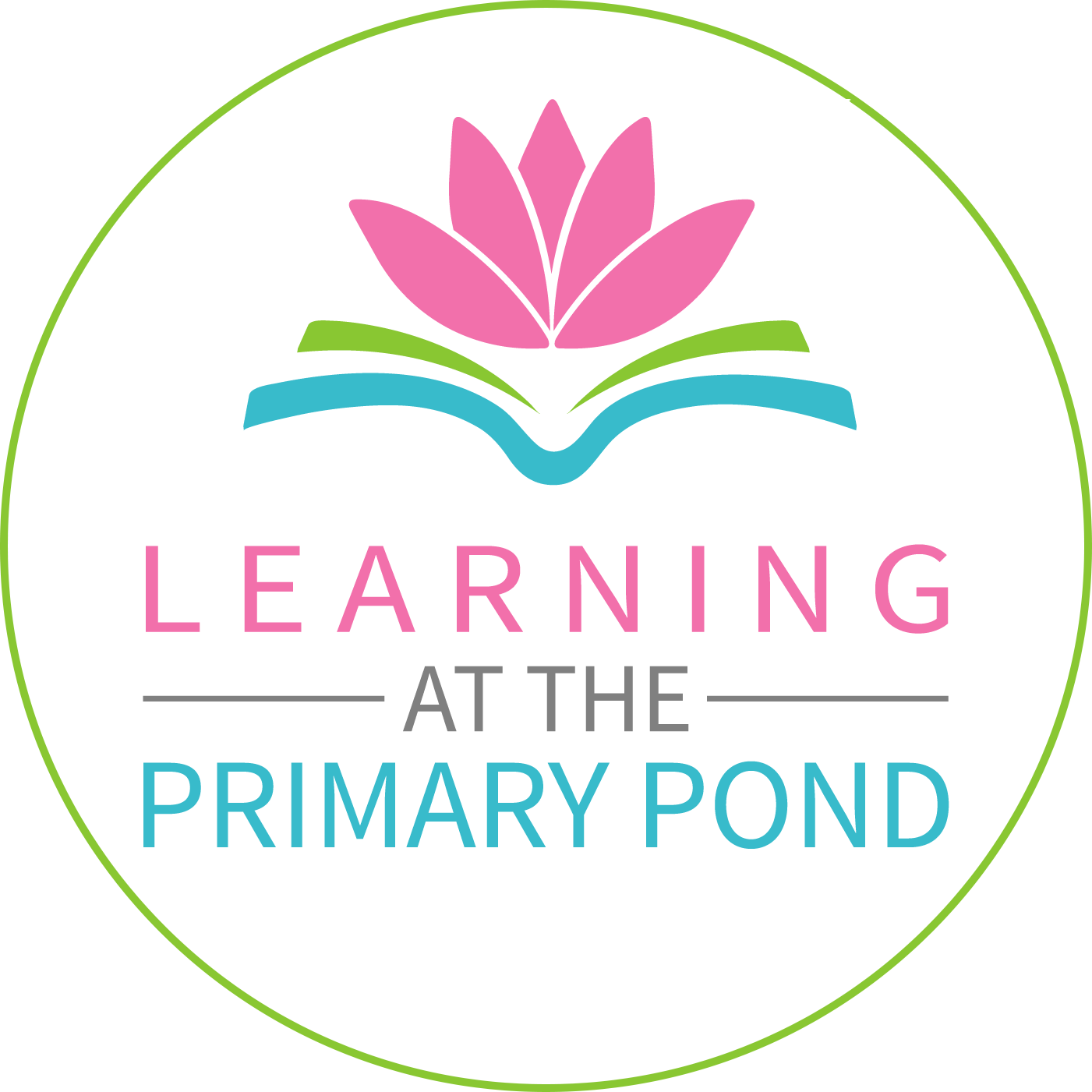

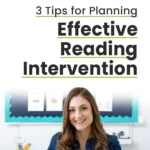

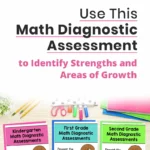
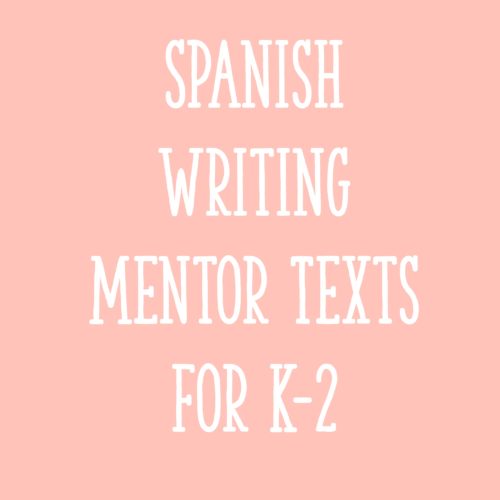
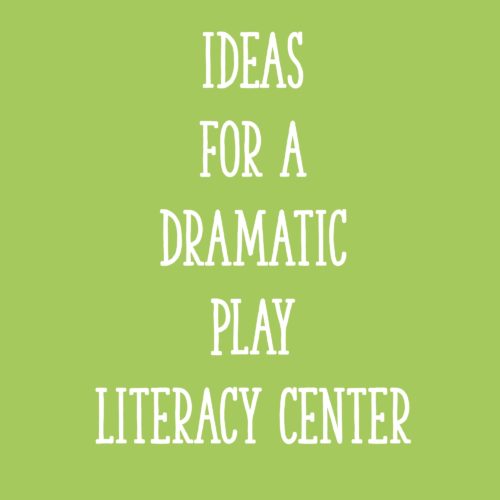
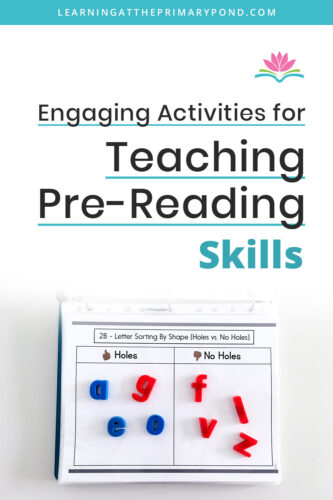

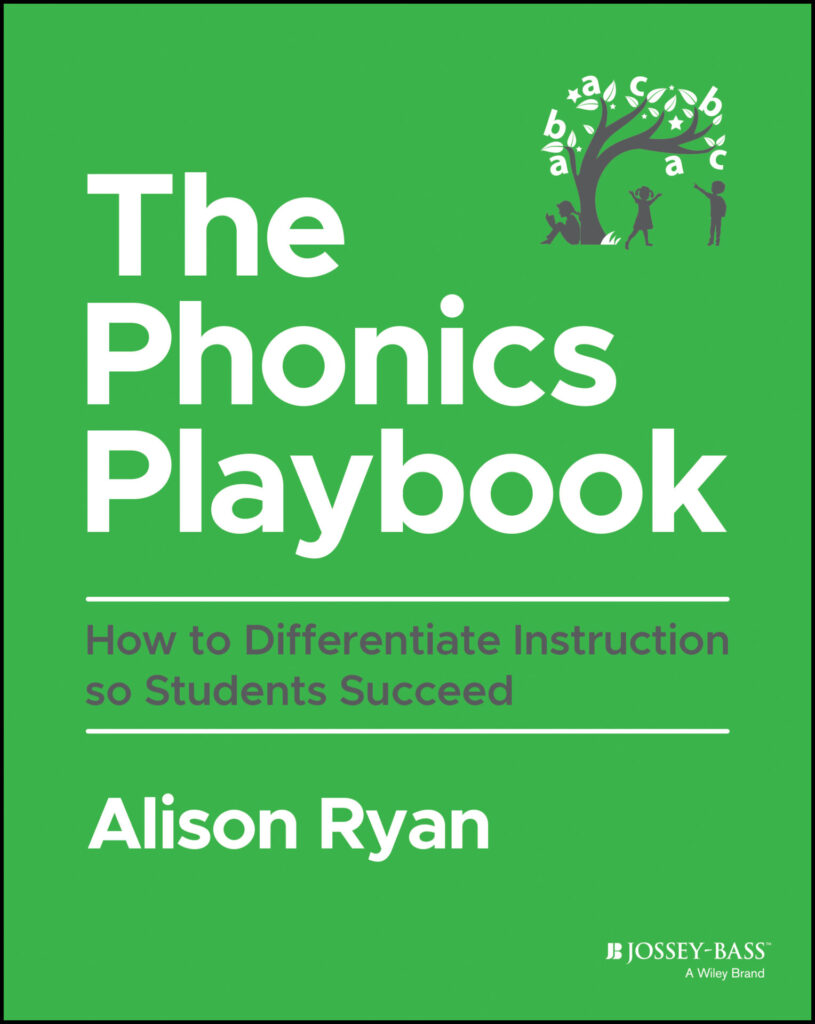
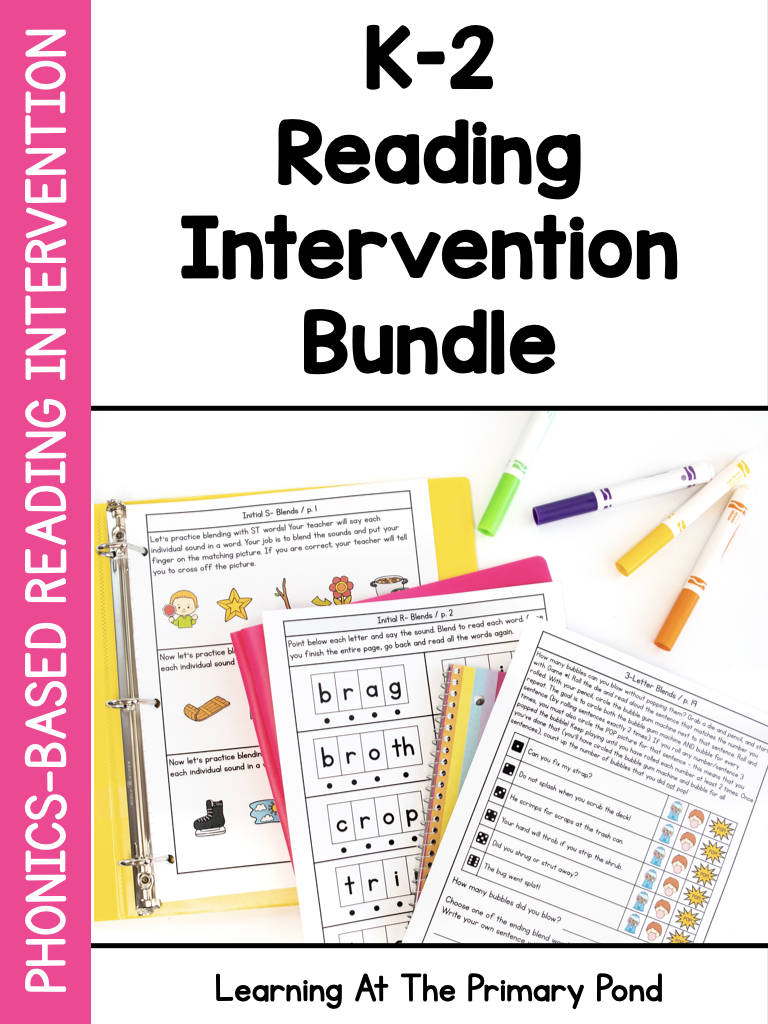
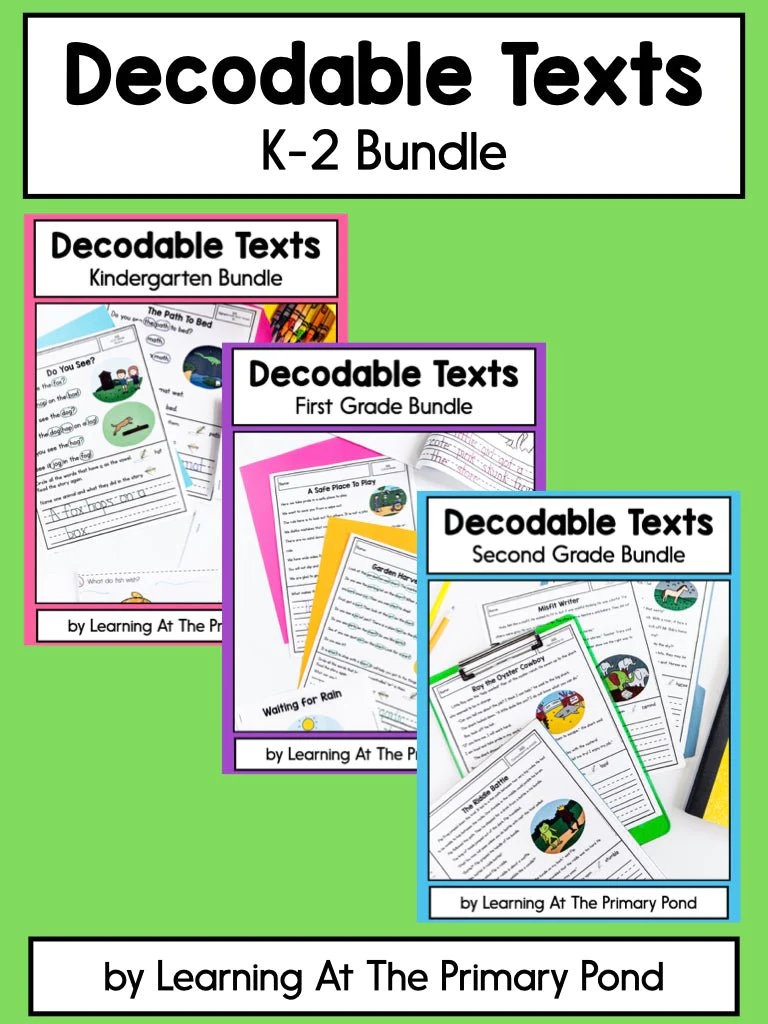

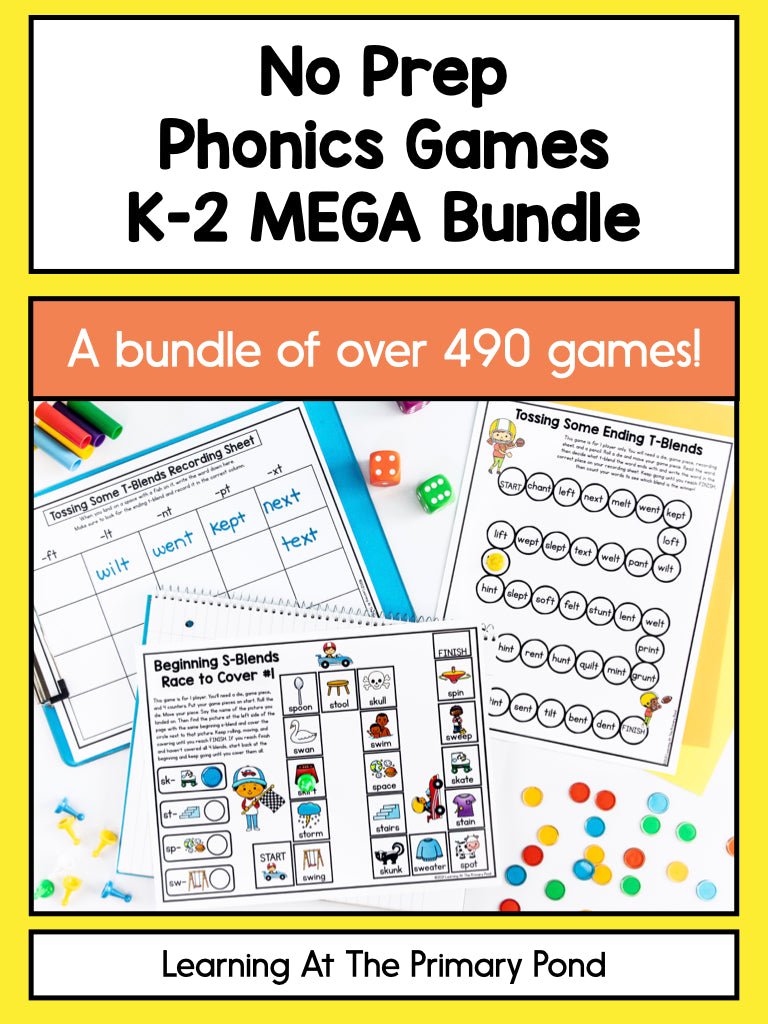
Hi Alison! This is such an important topic. I used to be very careful about telling my students their reading levels because I was worried about competition between kids. I have recently moved to a new school, and kids take home a book each night to read with their parents. All of the books are leveled on the back, so my students all know their reading level. I don’t see the competition that I was worried about, but I do see exactly what you posted about – kids focusing on moving up levels. They are motivated, but not to read… Read more »
Hi Karen! Good to hear from you. You’ll have to let me know how it goes with helping your kids shift their focus. I was previously at a school where having kids track their own data was really big. It just didn’t sit well with me. I do think it’s important for kids to understand how they’re doing and reflect, but I don’t think it has to take the form of graphing and recording each and every grade they ever get. I think the focus should be more like – here’s what you’re doing well, and here’s what you need… Read more »
I totally agree…but unfortunately, now with SGO’s being such a big focus, teachers are becoming so focused on students levels and how much they increase. Data is such a big thing where I am and I know teachers who have Data Walls showing their increase (or lack of) reading level.